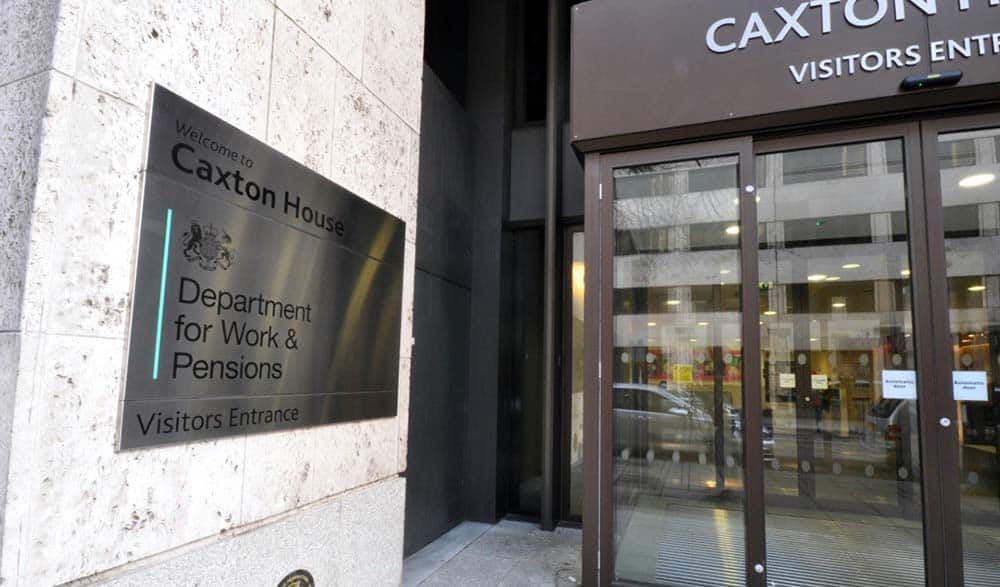Mandatory reconsiderations for PIP at 75% of the level compared to a year earlier

The Department for Work and Pensions (DWP) has published its latest quarterly Personal Independence Payment (PIP) figures for the quarter ending January 2021, highlighting trends of people claiming the disability benefit during the pandemic.
The statistics cover both new claims and claims made by those with an existing claim for Disability Living Allowance (DLA) (known as reassessments). From the 8th of April 2013, the DWP started to replace DLA for working-age people with PIP.
PIP helps with some of the extra costs caused by long-term disability, ill-health or terminal ill-health. The finances could be used to purchase essential independent living equipment for people with reduced mobility, cover the costs of a carer, or get help with bathing and undressing, for instance.
DWP’s quarterly statistics cover the customer journey from registration through to payment, providing key data on PIP registrations, clearances, awards and mandatory reconsiderations.
A mandatory reconsideration (MR) is where claimants who wish to dispute a decision on their PIP claim at any stage ask DWP to reconsider the decision.
According to the latest statistics, activity initiated by disabled people is higher than the same quarter a year earlier for registrations of new claims and changes of circumstances, though registrations for MRs remain low.
In the quarter ending January 2021, there were 140,000 registrations for new claims (five percent higher than a year earlier), 22,000 reported changes of circumstance (18 percent higher than a year earlier), and 59,000 MR registrations (three-quarters of the level a year earlier).
In March 2020, the UK Government suspended all face-to-face disability assessments, including for PIP, in a bid to curb the spread of the virus. At this time, new and existing claimants either carried out telephone or paper-based assessments to ensure they could still access PIP.
In July 2020, planned award reviews and some DLA reassessment activity gradually resumed.
As at 31 January 2021, there were 2.6 million claimants entitled to PIP, with one in three normal rules cases receiving the highest level of award.
From April 2013 to January 2021, 5.7 million claims to PIP were registered and 5.4 million claims have been cleared, with 42 percent of normal rules new claims, nearly three-quarters of normal rules DLA reassessment claims, and 99 percent of SRTI claims receiving an award.
Although MRs for this quarter are lower compared to the previous year, since April 2013, the figures reveal that a high number of people go on to dispute their PIP decision, indicating that a high proportion of disabled people do not agree with the DWP’s decision on PIP awards.
For initial decisions following a PIP assessment during April 2013 to September 2020, 40 percent of completed MRs against initial decisions following a PIP assessment went on to lodge an appeal.
13 percent of appeals lodged saw DWP change the decision in the customer’s favour before the appeal was heard at tribunal and five percent of initial decisions were overturned (revised in favour of the customer) at a tribunal hearing.
The PIP assessment process has come under fire in the past for being too harsh on disabled people.
In 2019, the BBC revealed in an FOI request that one in two people who appealed in court over the last five years against a decision to deny them disability benefits was successful. It was suggested that this high success rate at tribunal is down to poor assessments carried out by health professionals.
Since then, the UK Government has been forced to take action to address claimants’ struggles, which has led to changes to the PIP system such as scrapping reviews for those with severe or long-term conditions as well as for nearly 300,000 disabled pensioners.

